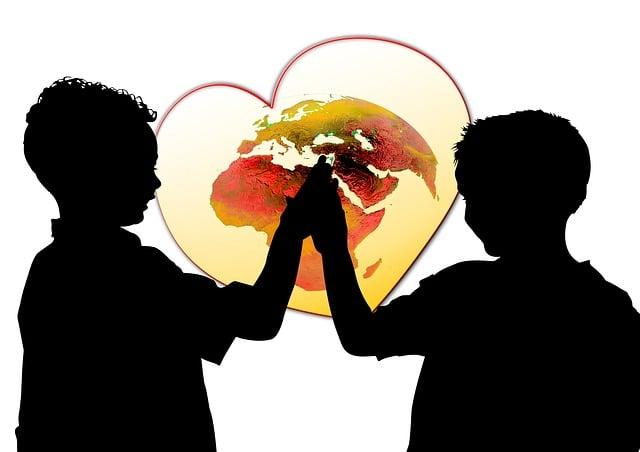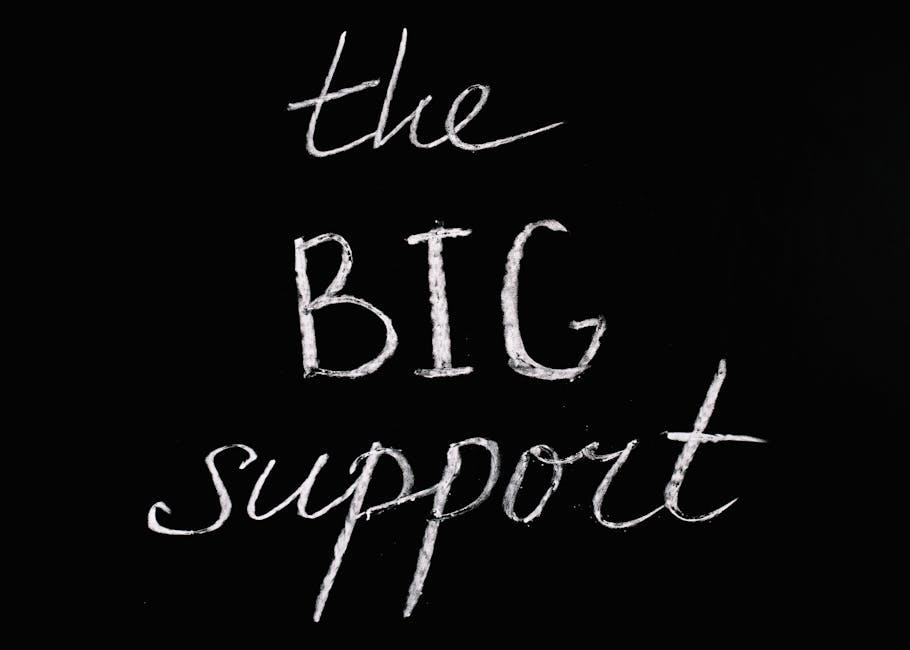In the intricate tapestry of a child’s development, the threads of parental conflict can weave a complex and lasting impact. As emotions clash and tensions rise, the silent observer in the midst – the innocent child – bears witness to a tumultuous storm that can shape their very essence. From behavioral patterns to emotional well-being, the fallout of this conflict can seep into every fiber of their being, leaving a mark that may be indelible. In this article, we delve into the intricate web of how parental conflict can sculpt the path of a child’s growth and development, and the repercussions that may ripple through their journey into adulthood.
Understanding the Root Causes of Parental Conflict
Parents play a crucial role in shaping the development of their children, both emotionally and psychologically. When parents experience conflict within their relationship, it can have a significant impact on their children’s well-being. Constant exposure to parental conflict can create a stressful and unstable environment for children to grow up in, leading to potential negative outcomes in their development. It is essential to understand the root causes of parental conflict to address these issues effectively.
Some common factors that contribute to parental conflict include:
- Communication issues: Misunderstandings, lack of effective communication, and poor conflict resolution skills can lead to heightened tensions within a relationship.
- Financial stress: Money problems can strain a relationship and create resentment between partners, leading to disagreements and conflict.
- Differences in parenting styles: Varied approaches to parenting can lead to disagreements on how to raise children, causing conflict between parents.

Exploring the Psychological Effects on Children
Parental conflict can have a profound impact on a child’s emotional and psychological development. Children who are exposed to ongoing arguments, hostility, and aggression between their parents may experience a range of negative effects that can affect them well into adulthood. Some of the ways in which parental conflict can impact a child’s development include:
- Emotional distress: Children may experience feelings of anxiety, sadness, and confusion as a result of witnessing their parents’ conflicts.
- Behavioral problems: Children may demonstrate aggressive behavior, rebelliousness, or withdrawal as a response to the stress of parental conflict.
- Difficulty forming relationships: Children who grow up in households with high levels of conflict may struggle to form healthy relationships with others due to a lack of positive role modeling.
| Impact of Parental Conflict on Child Development |
|---|
| Emotional distress |
| Behavioral problems |
| Difficulty forming relationships |
It is important for parents to be aware of the impact that their conflicts can have on their children and to take steps to minimize the negative effects. Seeking help from a therapist or counselor can be beneficial in addressing underlying issues and improving communication within the family. By creating a more peaceful and harmonious home environment, parents can help to protect their children from the damaging effects of ongoing conflict.

Recommendations for Minimizing Harmful Impact
When it comes to minimizing the harmful impact of parental conflict on child development, there are several key recommendations that can be followed. First and foremost, it is crucial for parents to prioritize effective communication. This includes actively listening to one another, expressing emotions in a healthy manner, and working together to resolve conflicts peacefully.
Additionally, creating a stable and nurturing environment for the child is essential. This can involve setting clear boundaries, providing consistent discipline, and ensuring that the child feels loved and supported. Seeking out professional help, such as family therapy or counseling, can also be beneficial in navigating and addressing any underlying issues that may be contributing to parental conflict.

Promoting Healthy Relationships for Positive Child Development
Parental conflict can have a profound impact on child development, affecting their emotional well-being and social interactions. Children who are exposed to ongoing conflict between their parents may experience increased levels of stress and anxiety, leading to behavioral issues and difficulties in forming secure attachments with others. This can have long-lasting effects on their overall development and relationships with peers and caregivers.
It is important for parents to prioritize healthy communication and conflict resolution strategies in order to create a positive environment for their children to thrive in. By modeling respectful and constructive ways to navigate disagreements, parents can teach their children valuable skills for building and maintaining healthy relationships. Providing a stable and nurturing home environment is crucial for supporting positive child development and fostering resilience in the face of adversity.
In conclusion, the impact of parental conflict on child development is a nuanced and complex phenomenon that can have lasting effects on a child’s emotional, social, and cognitive well-being. By understanding the dynamics of conflict within the family unit, parents and caregivers can work towards creating a more nurturing and supportive environment for their children to thrive in. It is important to remember that while conflict may be inevitable, how it is managed and resolved can make all the difference in shaping a child’s future. By fostering open communication, empathy, and understanding, we can help break the cycle of conflict and promote healthy development for generations to come.














